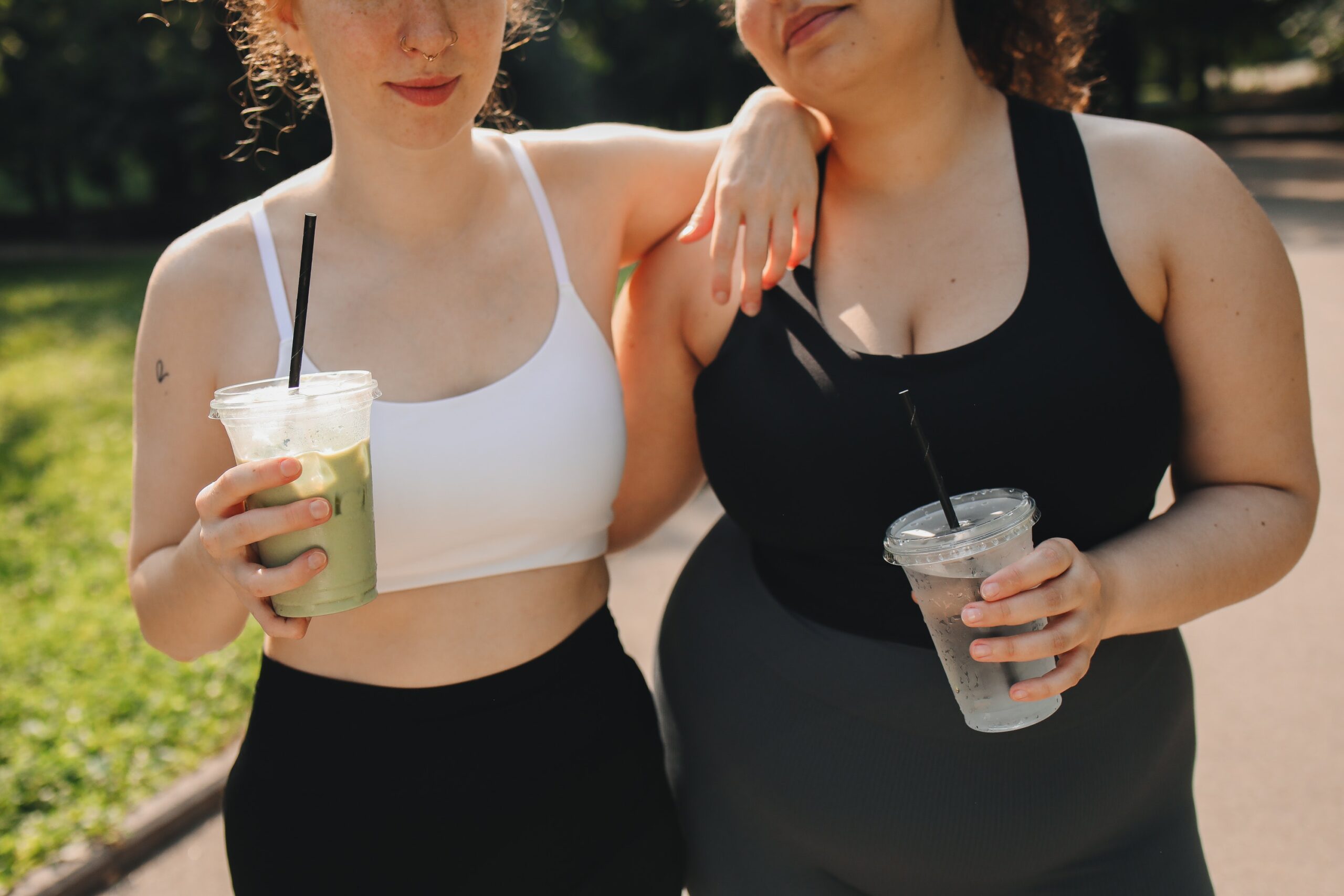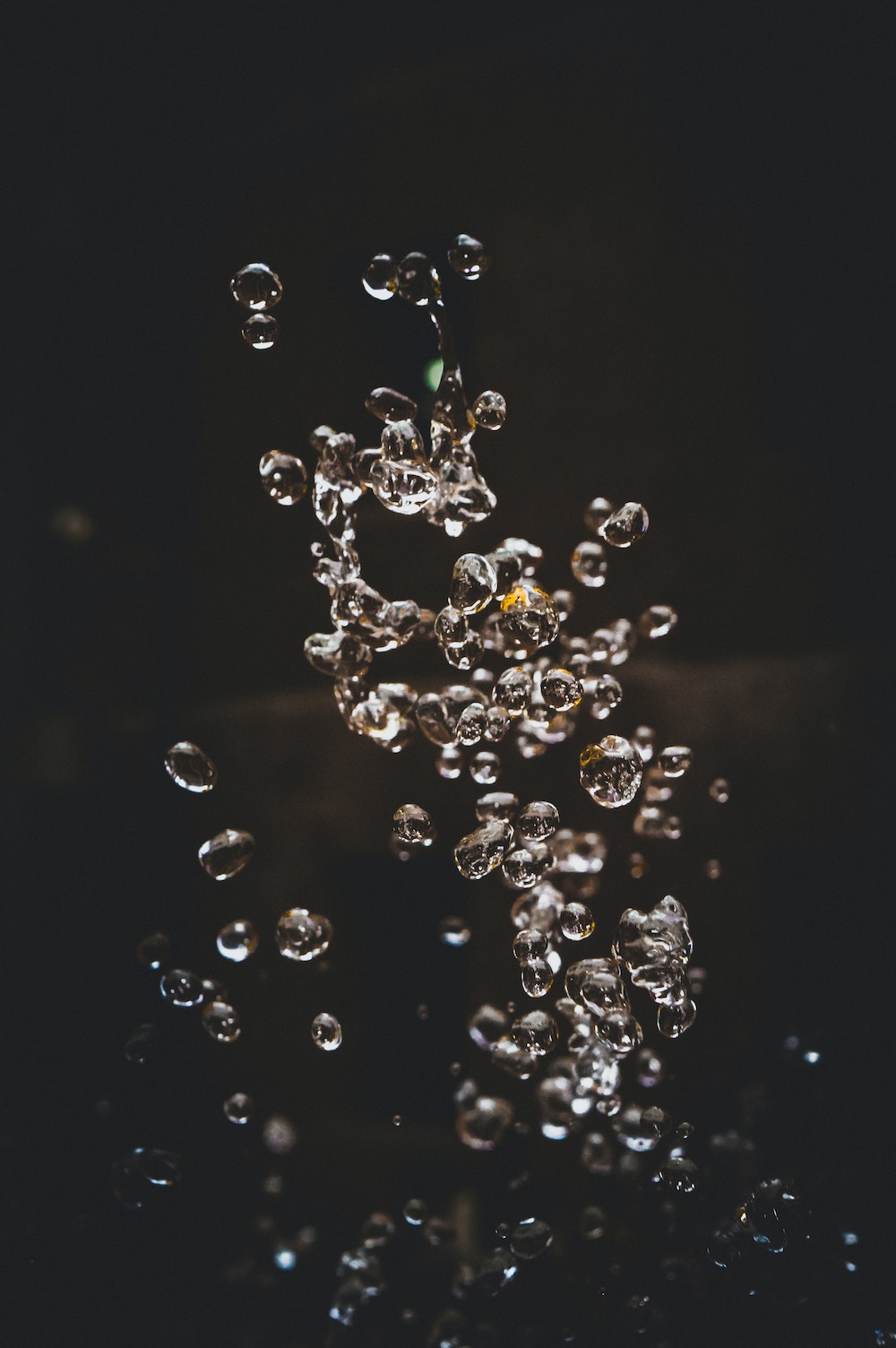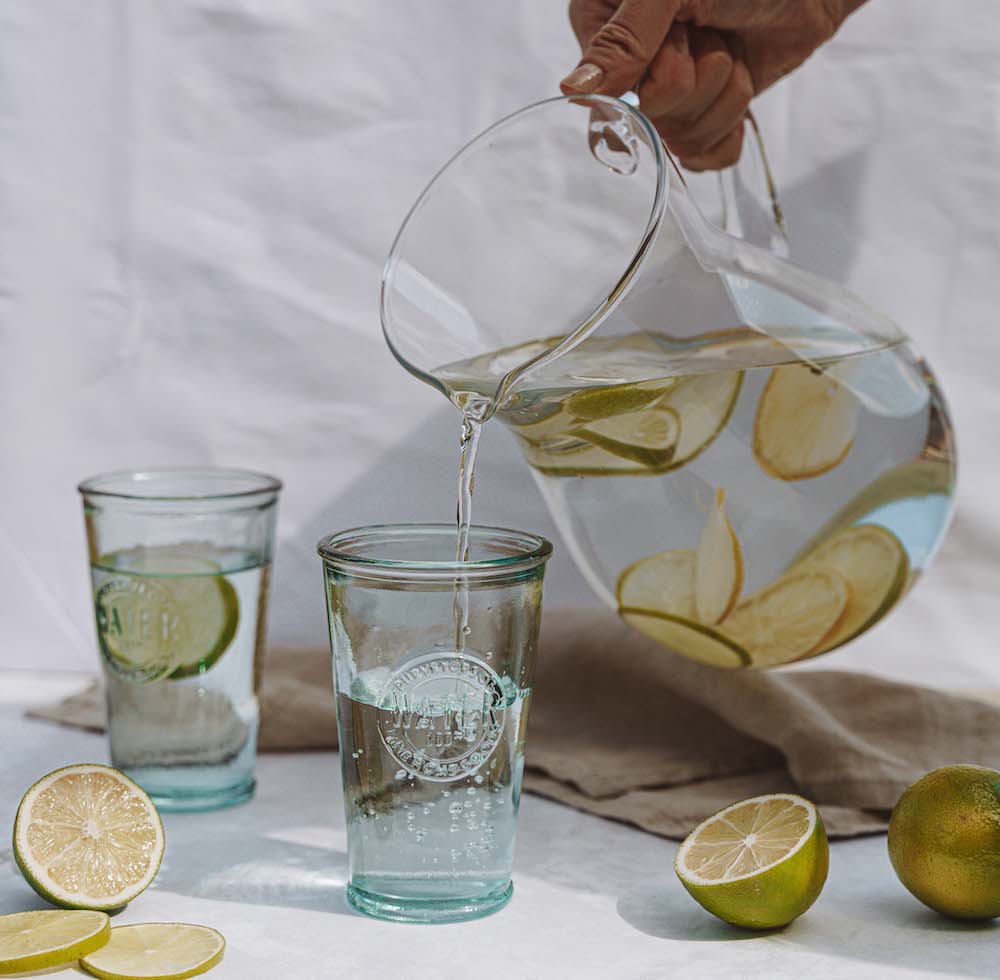Have you ever wondered what is actually happening in your body every month during your cycle? Or how your periods happen? Periods and the menstrual cycle are discussed much more now than they ever used to be, but it can be very confusing. Over the next little while we are going to talk about the different phases of the menstrual cycle and what happens in our bodies during each phase. Today we will continue by talking about ovulation.
If you missed the first article about the menstrual phase you can find it here and the one about the follicular phase here.
If you read the last article and don’t want a repetition of what the menstrual cycle is, you can skip forward to the part called “Ovulation”
What is the menstrual cycle?
The menstrual cycle is the cycle of hormones that control our periods (and lots of other things in our bodies)
The main hormones involved are:
- estrogen,
- progesterone,
- luteinizing hormone (LH) and
- follicle stimulating hormone (FSH).
LH and FSH are produced in our brain and then travel through the blood to the ovaries. The ovaries produce estrogen and progesterone. The interaction between these hormones is what controls ovulation (when the ovaries release an egg) and our periods.
The menstrual cycle is what allows us to become pregnant. Our bodies “get ready” for a pregnancy each month and then if there is no pregnancy, we have our period and the cycle starts again.
Of course, contraception (birth control) interrupts this cycle. This is how it stops us from getting pregnant. We aren’t going to talk about contraception today but if you are interested then check out this article.
What are the different phases of our menstrual cycle?
The menstrual cycle can be divided in various ways. This depends on whether you are looking at what is happening in the uterus (womb) or the ovaries. The different names for the different phases can get very confusing and very ‘medical’ so we are going to try and avoid that.
Generally, the menstrual cycle can be divided into two halves:
- the follicular phase and
- the luteal phase.
There are also two ‘events’:
- menstruation (your period) and
- ovulation
It is very important to remember that everyone is different. There is a ‘textbook’ explanation of the menstrual cycle but not everyone will experience this. To explain the cycle I will use an example cycle that is 28 days long.
Any cycle between 21-35 days in length is considered ‘normal’. Some people have regular periods that occur at exactly the same time each month. Some people don’t. Everyone is different.
What matters is what is normal for you. Irregular periods (when you can’t predict when your period is going to start because it is random) might warrant talking to a doctor.
Ovulation
Ovulation is when one of your ovaries releases an egg. In a 28-day cycle, ovulation usually occurs around day 14 (but not everyone with a 28 -day cycle will ovulate on day 14). Ovulation usually happens 14 days before your next period starts and marks the end of the follicular phase and is followed by the luteal phase (we will talk about the luteal phase next time).
Ovulation and pregnancy
This is the time in your cycle when you can get pregnant.
For pregnancy to occur you need the sperm and the egg to meet. Understanding ovulation and when you ovulate is important if you are wanting to get pregnant or if you are using natural family planning to avoid pregnancy.
Once released during ovulation, the egg can only last for about 24 hours before it dies. Sperm, on the other hand, live for up to 7 days.
This is important!
You can get pregnant if there are still sperm in the vagina/uterus/fallopian tubes when ovulation occurs.
And the sperm can still be hanging around for up to 7 days after having sex!
This means that your fertile window is only 7 days out of your cycle.
If you want to get pregnant then having regular sex throughout your cycle is the best way to do this – the stress of trying to “time” sex with ovulation often just overcomplicates things. It is important to make sure you are having sex in the week leading up to ovulation and around the time of ovulation though if you are wanting to increase the chance of pregnancy.
If you are using natural family planning and don’t want to get pregnant then you need to avoid unprotected sex (sex without a condom) in the week leading up to ovulation and around the time of ovulation.
Hormonal changes
Remember that during the follicular phase the estrogen levels were increasing. As the follicles develop, they produce more and more estrogen. When the estrogen levels reach a critical point, this causes a quick increase in LH production. We call this the “LH surge” and this is what tells the dominant follicle that it is time to ovulate.
Physical changes (ovulation symptoms)
Ovulation involves the egg being released from the follicle and leaving the ovary. This means that the “skin” of the ovary has to “break” and repair itself every time we ovulate.
Some women can experience pain when they ovulate. This is sometimes called Mittelschmerz pain. We are not certain what causes ovulation pain but it might be because there is often a little bit of bleeding involved in ovulation. This blood can irritate the inside of the pelvis and cause pain. The body then absorbs this blood so the pain doesn’t continue.
Cervical mucous (vaginal discharge) also changes throughout our cycle. During ovulation, you might notice your discharge gets stretchy and looks a bit like egg whites. This is your body trying to make it easy for sperm to get through around the time you can get pregnant.
Treatments for ovulation pain
Simple things like a hot bath, a hot pack can help with ovulation pain. If you need to take pain relief paracetamol usually helps (but be sure to check the packet or check with a doctor before starting any new medicines).
Do I need to be worried about ovulation pain?
Ovulation pain is quite common and is usually nothing to worry about. But it can be a sign of something else going on.
Endometriosis, scar tissue and sexually transmitted infections (STIs) can cause or worsen ovulation pain. These conditions can also affect your chances of getting pregnant so if you are struggling with ovulation pain or struggling to get pregnant then seeing a doctor might be helpful.
Psychological changes
Ovulation is when the levels of estrogen are highest in our bodies. This can sometimes mean that we have more energy, feel more positive, and often feel like having sex more than at other points in our cycle.
We are all different and everyone will experience hormonal changes differently. But ovulation is often the time in our cycle when we feel the most energetic, productive, and sexy.
Around ovulation can be a good time for you to do things that require more energy, concentration or positivity.
What next?
Hopefully, you now have a better idea of what is happening during the first half of your cycle and ovulation. Next time we will look at what happens next, during the luteal phase.






